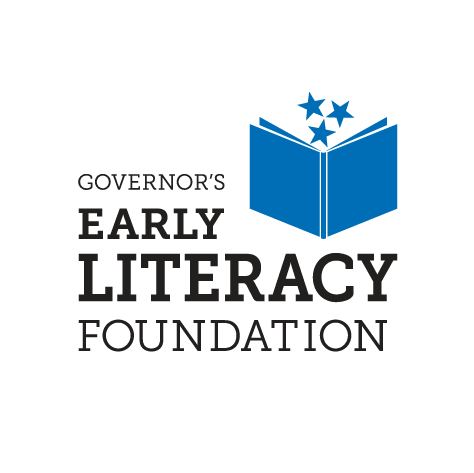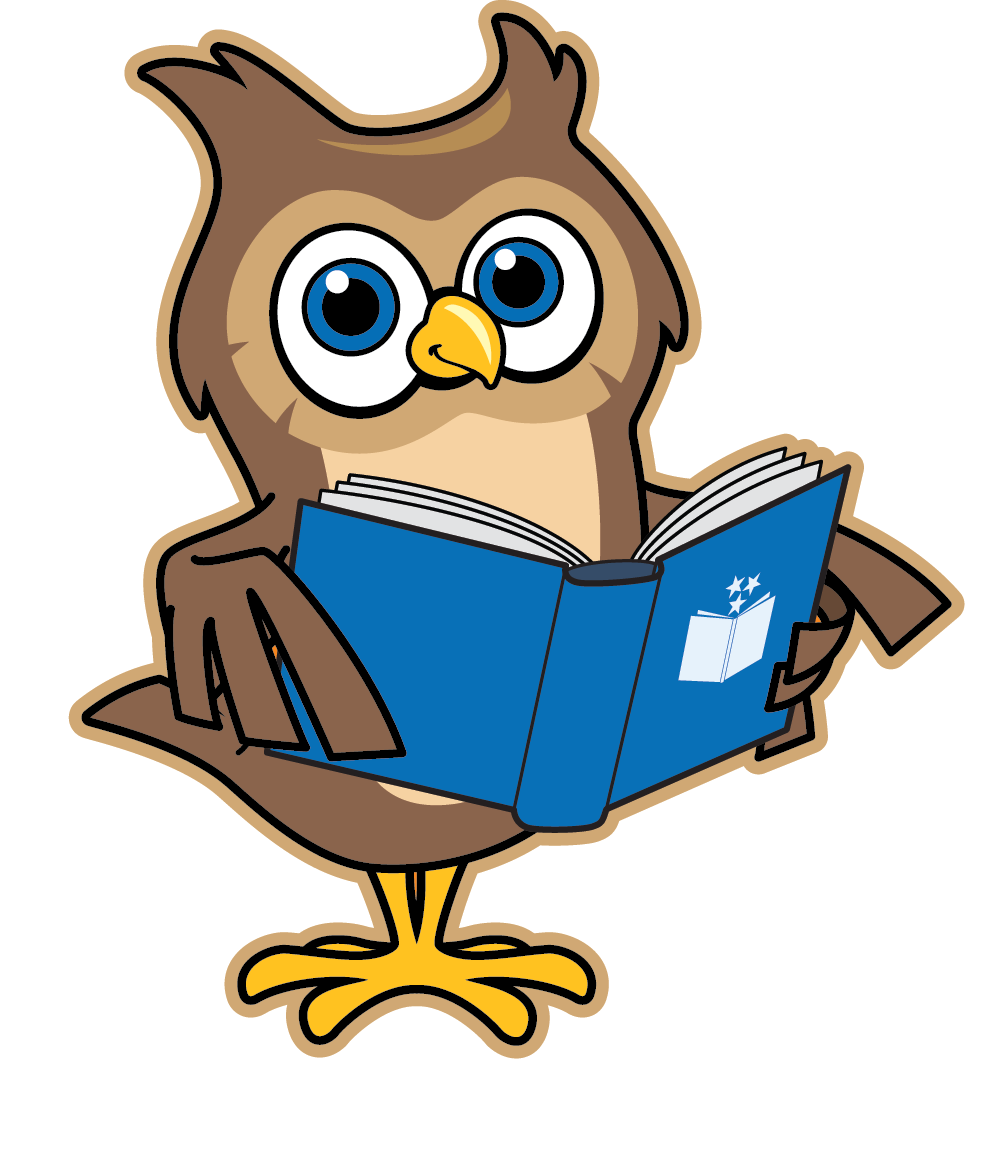by Holly Kizer
It is easy for us to hear about early childhood education and assume all children have books in their homes and parents who read their favorite bedtime stories with them. I would have the same misperception had I not spent two years teaching kindergarten in the lowest income school in inner-city Charlotte, North Carolina. I saw firsthand the impact books in the home have on the educational future of each child.
Every day, I would send a book home in my students’ folders for their parents to read at night. Most days, the books would not return. For many of the children I taught, these small books were the only books they had ever owned. They loved looking at the pictures and spending precious time with their parents reading.
The children in my class worked so hard to catch up to their peers who had access to more books. They longed to reach their goal of becoming “Fabulous First Grade Readers” by the time they left kindergarten.
Looking back at my students’ kindergarten readiness skills, it is clear to me that had they had access to Dolly Parton’s Imagination Library from birth to age five, they would have been much better prepared to enter Kindergarten.
As an educator, I also learned that parent and community involvement and support are critical to a child’s educational future. As Imagination Library representatives, it is our responsibility to educate and support caregivers, as they are the child’s first teachers. As Barbara Bush states, “The home is the child’s first school, the parent is the child’s first teacher, and reading is the child’s first subject.”
According to a 2007 report by the National Endowment of the Arts, parental engagement is the number one indicator for early literacy success and future academic achievement. Our program, Tennessee’s statewide Imagination Library, successfully mails books into the home; however, it is the responsibility of parents and caregivers to ensure the books are read to their children. I personally saw the disadvantages a child faces when she enters kindergarten without having someone read with her. These children can rarely catch up to their peers who have bountiful access to books in the home.
Knox County Imagination Library realizes the importance of parent education and enrolling more children in the program. We are looking forward to expanding the scope of services provided by Knox County Imagination Library to include: parent education classes; more frequent and thorough communication with caregivers; and stronger partnerships with local child-serving agencies. We plan to go beyond registering children for the program by becoming a cornerstone in the educational movement in Tennessee.
Our vision is to partner with local hospitals, Head Start programs, preschools, community agencies and religious organizations to promote and support early childhood literacy through parent and community classes. We believe the first step is getting books in the home, and to that end we have set a goal of registering 72% of all eligible children by 2015. We must educate, encourage and provide parental support on all levels to ensure the books are being read in the home and children are prepared to enter kindergarten.
Imagination Library Advisory Board member and Knox County Schools Supervisor of Research and Evaluation, John Beckett, recently conducted a study of third graders who participated in the Imagination Library program. The study indicated that children in third grade who participated in Imagination Library performed significantly better than their peers who did not participate in the program. This outcome is true for all socioeconomic levels, races and both genders.
What does this mean for us? The Imagination Library crosses all barriers. It is a program that helps ALL children perform significantly better than their peers. The most important detail to note is that this is one of the only programs that can show long term effects through third grade. In the July/August 2012 issue of American Prospect, Sarah Mead writes, “Children who do not learn to read proficiently by the end of third grade are unlikely ever to read at that grade level.” Most early childhood interventions taper off by this point in a child’s education, which makes this research supporting Imagination Library even more notable.
We have the remarkable opportunity to bring awareness of the benefits of investing in early childhood literacy to the forefront of educational reform in Tennessee. However, awareness is not enough. It is easy to hear that more children need more books in the home, and that more parents should read with more animation and expression to their children each day, and then forget about the issue. However, when you have seen the faces of the children affected, the faces longing for more — more books, more knowledge, more experiences — you know the Imagination Library’s mission does not end with us. We must involve others in our vision and understand that the work we have done will lead to our common goal of “fostering a love of learning and reading in all Tennessee preschool children, resulting in improved long-term educational outcomes.”
Holly Kizer is Executive Director of the Knox County Imagination Library and a graduate of Vanderbilt University and the University of Tennessee, Knoxville.




